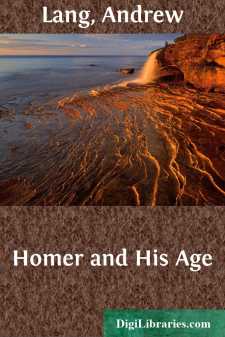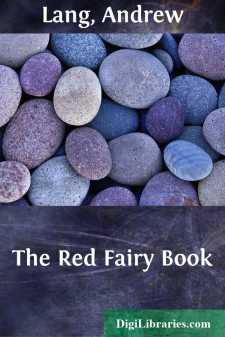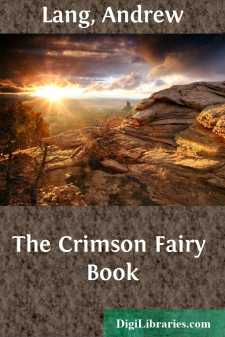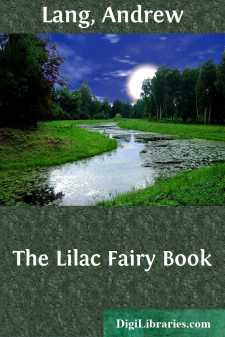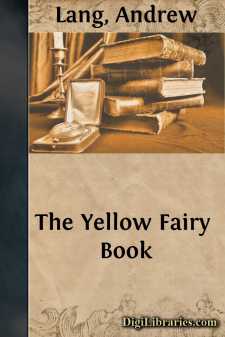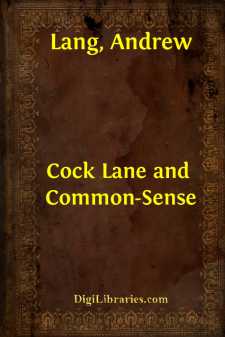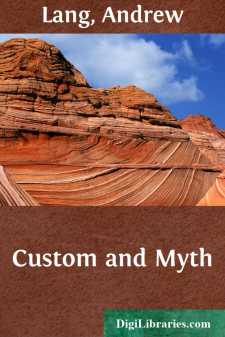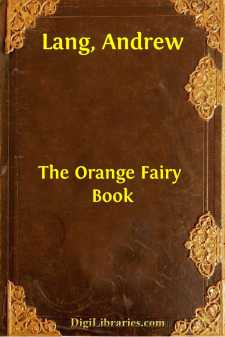Categories
- Antiques & Collectibles 13
- Architecture 36
- Art 48
- Bibles 22
- Biography & Autobiography 813
- Body, Mind & Spirit 142
- Business & Economics 28
- Children's Books 17
- Children's Fiction 14
- Computers 4
- Cooking 94
- Crafts & Hobbies 4
- Drama 346
- Education 46
- Family & Relationships 57
- Fiction 11829
- Games 19
- Gardening 17
- Health & Fitness 34
- History 1377
- House & Home 1
- Humor 147
- Juvenile Fiction 1873
- Juvenile Nonfiction 202
- Language Arts & Disciplines 88
- Law 16
- Literary Collections 686
- Literary Criticism 179
- Mathematics 13
- Medical 41
- Music 40
- Nature 179
- Non-Classifiable 1768
- Performing Arts 7
- Periodicals 1453
- Philosophy 64
- Photography 2
- Poetry 896
- Political Science 203
- Psychology 42
- Reference 154
- Religion 513
- Science 126
- Self-Help 84
- Social Science 81
- Sports & Recreation 34
- Study Aids 3
- Technology & Engineering 59
- Transportation 23
- Travel 463
- True Crime 29
Homer and His Age
by: Andrew Lang
Description:
Excerpt
PREFACE
In Homer and the Epic, ten or twelve years ago, I examined the literary objections to Homeric unity. These objections are chiefly based on alleged discrepancies in the narrative, of which no one poet, it is supposed, could have been guilty. The critics repose, I venture to think, mainly on a fallacy. We may style it the fallacy of "the analytical reader." The poet is expected to satisfy a minutely critical reader, a personage whom he could not foresee, and whom he did not address. Nor are "contradictory instances" examined—that is, as Blass has recently reminded his countrymen, Homer is put to a test which Goethe could not endure. No long fictitious narrative can satisfy "the analytical reader."
The fallacy is that of disregarding the Homeric poet's audience. He did not sing for Aristotle or for Aristarchus, or for modern minute and reflective inquirers, but for warriors and ladies. He certainly satisfied them; but if he does not satisfy microscopic professors, he is described as a syndicate of many minstrels, living in many ages.
In the present volume little is said in defence of the poet's consistency. Several chapters on that point have been excised. The way of living which Homer describes is examined, and an effort is made to prove that he depicts the life of a single brief age of culture. The investigation is compelled to a tedious minuteness, because the points of attack—the alleged discrepancies in descriptions of the various details of existence—are so minute as to be all but invisible.
The unity of the Epics is not so important a topic as the methods of criticism. They ought to be sober, logical, and self- consistent. When these qualities are absent, Homeric criticism may be described, in the recent words of Blass, as "a swamp haunted by wandering fires, will o' the wisps."
In our country many of the most eminent scholars are no believers in separatist criticism. Justly admiring the industry and erudition of the separatists, they are unmoved by their arguments, to which they do not reply, being convinced in their own minds. But the number and perseverance of the separatists make on "the general reader" the impression that Homeric unity is chose jugée, that scientia locuta est, and has condemned Homer. This is far from being the case: the question is still open; "science" herself is subject to criticism; and new materials, accruing yearly, forbid a tame acquiescence in hasty theories.
May I say a word to the lovers of poetry who, in reading Homer, feel no more doubt than in reading Milton that, on the whole, they are studying a work of one age, by one author? Do not let them be driven from their natural impression by the statement that Science has decided against them. The certainties of the exact sciences are one thing: the opinions of Homeric commentators are other and very different things. Among all the branches of knowledge which the Homeric critic should have at his command, only philology, archaeology, and anthropology can be called "sciences"; and they are not exact sciences: they are but skirmishing advances towards the true solution of problems prehistoric and "proto-historic."
Our knowledge shifts from day to day; on every hand, in regard to almost every topic discussed, we find conflict of opinions....


